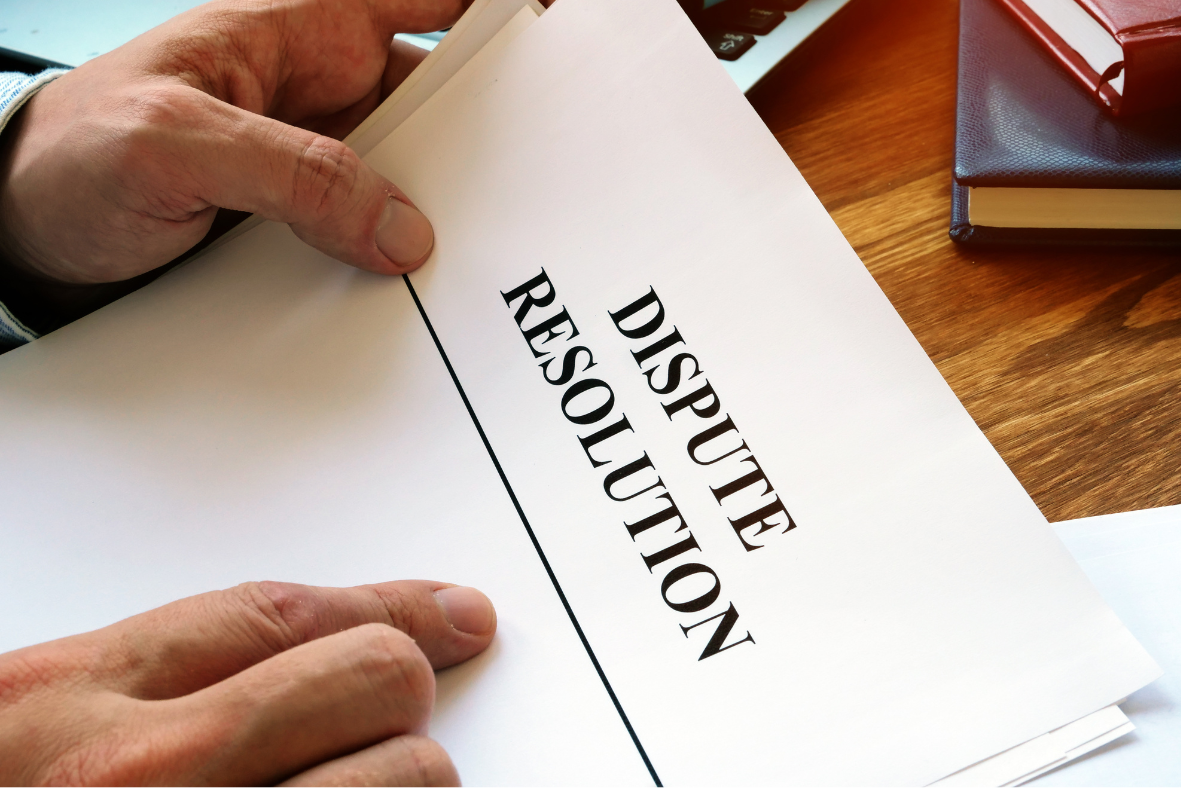In the complex realm of legal practice, solicitors are expected to uphold the highest ethical standards and professional conduct, especially during dispute resolution. The Solicitors Regulation Authority (SRA) Code of Conduct outlines a comprehensive set of requirements for solicitors in private practice. This article explores Rule 2 of the Code of Conduct for Solicitors, which includes provisions 2.1 to 2.7, and its corresponding rule in the Code of Conduct for Firms (provision 7.1). Rule 2 emphasises the vocational and professional obligations that solicitors must meet when representing clients in courts or tribunals.
Key Provisions and Example Breaches
Rule 2 covers various aspects of ethical conduct during dispute resolution. From handling witnesses and evidence to communicating with the court, solicitors are expected to maintain the highest standards of professionalism. Breaches of Rule 2 can include a wide range of misconduct, such as the improper handling of client funds in litigation (illustrated in the case of Bowman v Fels), or ethical lapses like failing to present a client’s case fully without misleading by omission, aligning with Rule 1.4 of the Code of Conduct for Individuals.
Professional Obligations as Officers of the Court
Solicitors, as officers of the court, have a fundamental duty to uphold the integrity and impartiality of the judicial process. This role requires solicitors to perform their professional responsibilities with diligence and integrity, ensuring their actions conform to both ethical standards and legal requirements.
SRA’s Approach to Firm Regulation
The SRA’s regulatory approach extends to the entire firm, highlighting the collective responsibility to maintain ethical standards. This includes overseeing staff members involved in court proceedings and implementing strong internal controls and supervisory mechanisms. By holding firms accountable, the SRA emphasises the importance of maintaining ethical conduct at all levels of legal practice.
Datalaw’s Dispute Resolution and the Code of Conduct Course
Enhance your expertise in dispute resolution and ethical conduct with Datalaw’s comprehensive course on Dispute Resolution and the Code of Conduct. This course is designed for legal professionals aiming to master the intricacies of representing clients in court or tribunal settings while adhering to the highest ethical standards.
Led by industry experts, this course provides in-depth insights into the key provisions of the SRA Code of Conduct, focusing on ethical considerations and professional obligations in managing evidence, dealing with witnesses, and court communications. Whether you are an experienced practitioner or new to dispute resolution, this course equips you with the knowledge and skills to handle complex legal scenarios with confidence and integrity. Enrol now to stay updated with regulatory changes and drive excellence in your legal practice.
Conclusion
Navigating dispute resolution within the framework of the SRA Code of Conduct demands a nuanced understanding of ethical obligations and professional responsibilities. Rule 2 serves as a cornerstone for solicitors, emphasising the importance of integrity, professionalism, and regulatory compliance. By adhering to these principles, solicitors not only meet their ethical obligations but also enhance the credibility and integrity of the legal profession.
In summary, solicitors must approach dispute resolution with a firm commitment to ethical conduct and adherence to the SRA Code of Conduct. Upholding the principles outlined in Rule 2 ensures the integrity of the legal profession and reinforces public trust in the justice system.









